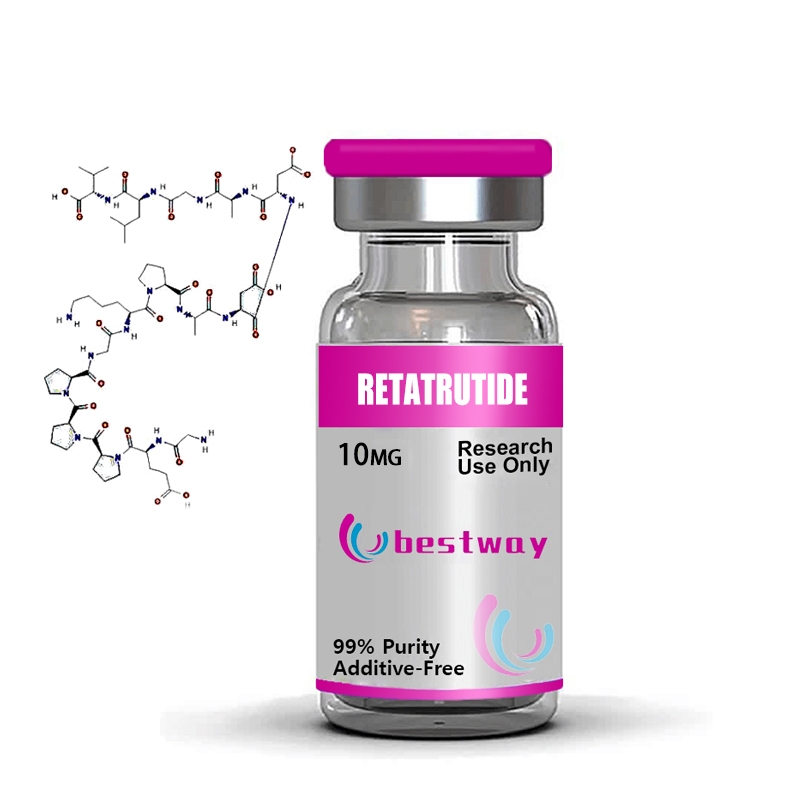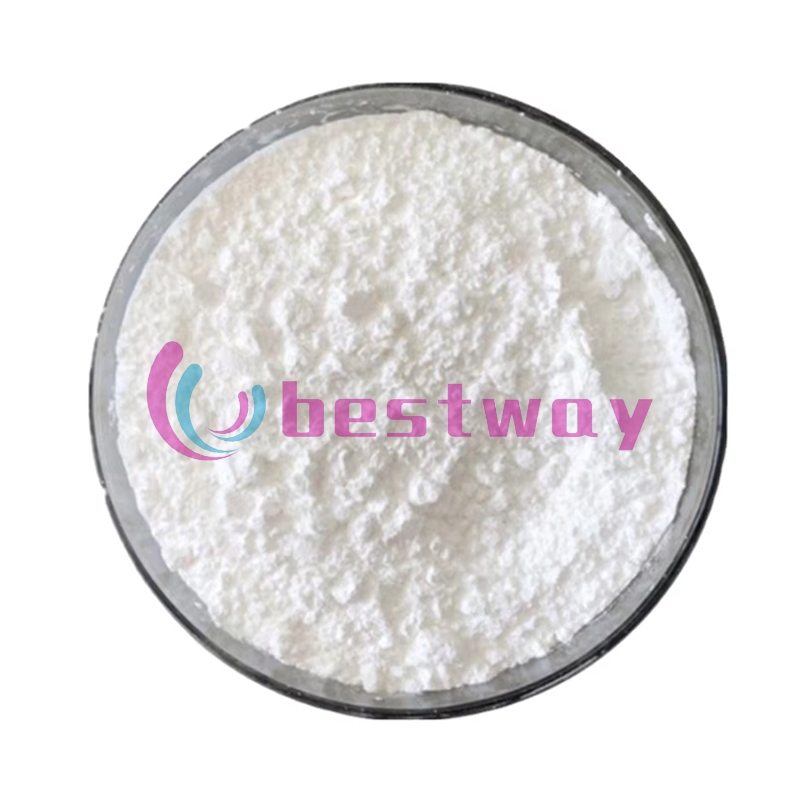-
Categories
-
Pharmaceutical Intermediates
-
Active Pharmaceutical Ingredients
-
Food Additives
- Industrial Coatings
- Agrochemicals
- Dyes and Pigments
- Surfactant
- Flavors and Fragrances
- Chemical Reagents
- Catalyst and Auxiliary
- Natural Products
- Inorganic Chemistry
-
Organic Chemistry
-
Biochemical Engineering
- Analytical Chemistry
-
Cosmetic Ingredient
- Water Treatment Chemical
-
Pharmaceutical Intermediates
Promotion
ECHEMI Mall
Wholesale
Weekly Price
Exhibition
News
-
Trade Service
Lenvatinib mesylate is a novel tyrosine kinase inhibitor that is used in the treatment of various types of cancer, including thyroid, kidney, and liver cancer.
The production process of lenvatinib mesylate involves several steps, including synthesis, purification, and formulation.
In this article, we will take a closer look at the production process of lenvatinib mesylate and the key factors that affect its quality and efficacy.
Synthesis:
The synthesis of lenvatinib mesylate involves the use of various chemical reagents and solvents.
The synthesis process typically starts with the synthesis of a precursor compound, which is then converted into lenvatinib mesylate through a series of chemical reactions.
The precursor compound is typically synthesized using conventional organic synthesis techniques, such as alkylation, acylation, and condensation reactions.
Purification:
After the synthesis of lenvatinib mesylate, the product is typically purified to remove any impurities that may have been introduced during the synthesis process.
Purification is typically done using chromatography techniques, such as high-performance liquid chromatography (HPLC) and flash chromatography.
These techniques involve the use of a separation matrix, such as silica gel or alumina, to separate the lenvatinib mesylate from other compounds.
Formulation:
After purification, the lenvatinib mesylate is typically formulated into a dosage form that can be administered to patients.
The formulation process involves the use of various excipients, such as binders, fillers, and lubricants, to create a stable and effective dosage form.
The formulation process also involves the determination of the appropriate particle size, drug loading, and delivery mechanism for the dosage form.
Quality Control:
The quality of lenvatinib mesylate is typically controlled through a series of tests and assays that are designed to ensure that the product meets the desired specifications.
These tests include chemical tests, such as identity tests and purity tests, as well as physical tests, such as dissolution tests and stability tests.
These tests are typically performed at different stages of the production process, such as during synthesis, purification, and formulation, to ensure that the product meets the desired specifications.
Efficacy:
The efficacy of lenvatinib mesylate is determined through preclinical and clinical studies that are designed to assess its ability to inhibit the growth and proliferation of cancer cells.
These studies are typically conducted using in vitro and in vivo models of cancer, and are designed to assess the efficacy of lenvatinib mesylate in various types of cancer, such as thyroid, kidney, and liver cancer.
Conclusion:
The production process of lenvatinib mesylate involves several steps, including synthesis, purification, and formulation.
The quality and efficacy of lenvatinib mesylate are typically controlled through a series of tests and assays that are designed to ensure that the product meets the desired specifications.
The efficacy of lenvatinib mesylate is determined through preclinical and clinical studies that are designed to assess its ability to inhibit the growth and proliferation of cancer cells.
Overall, the production process of lenvatinib mesylate is a complex and challenging process that requires a high level of expertise and technical knowledge.






